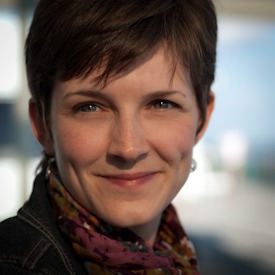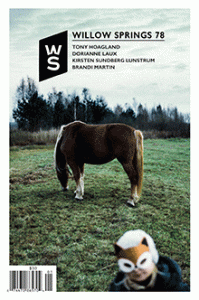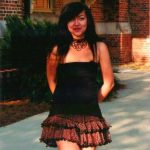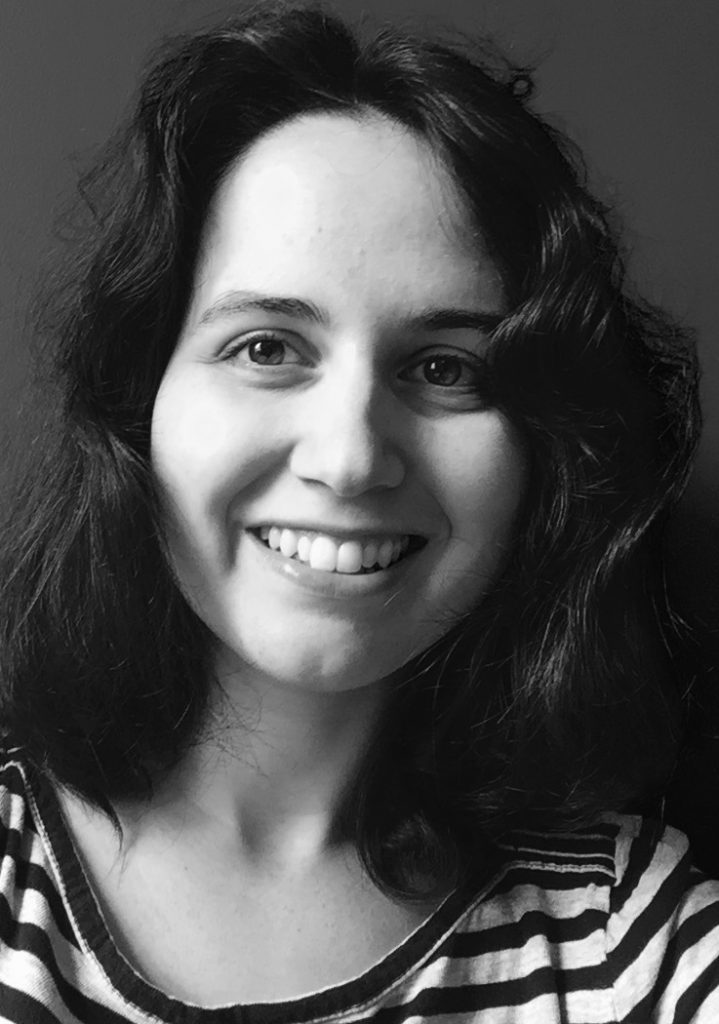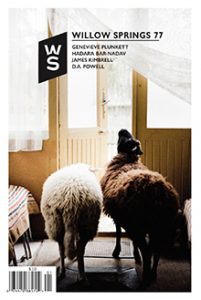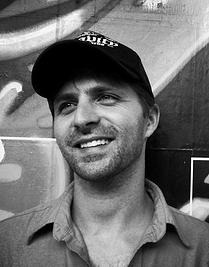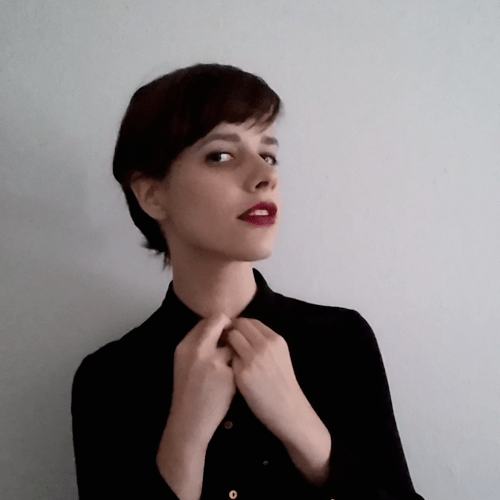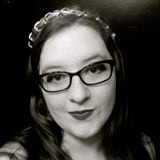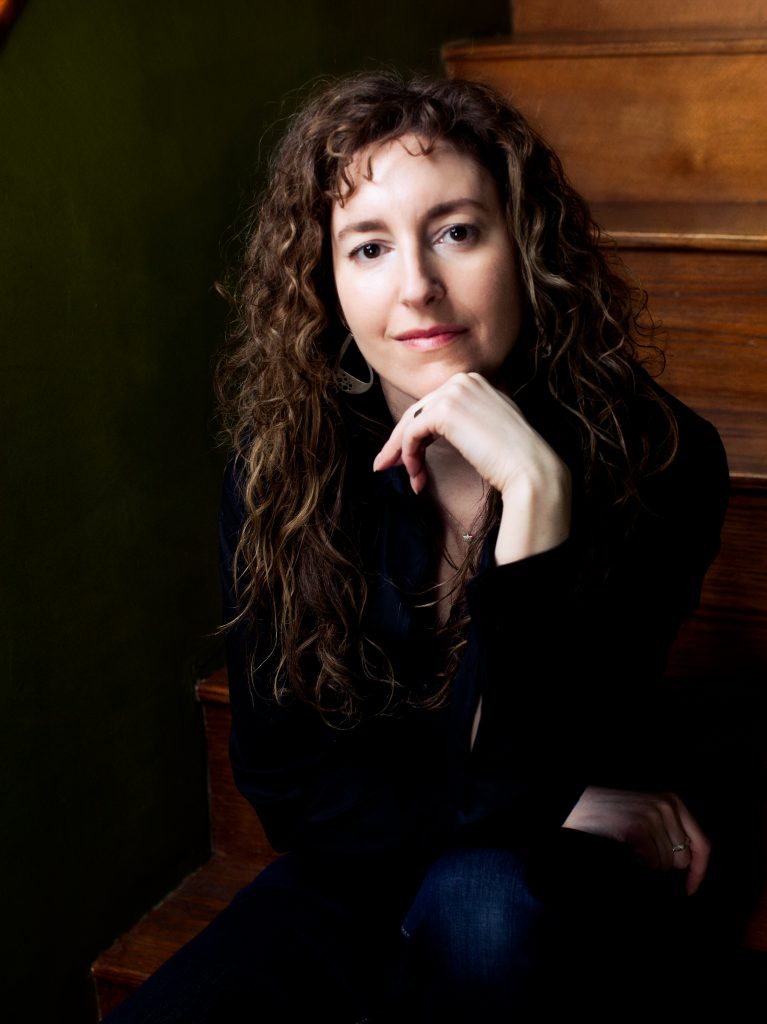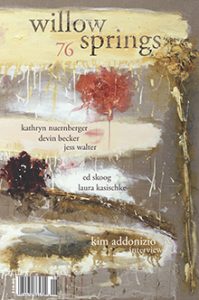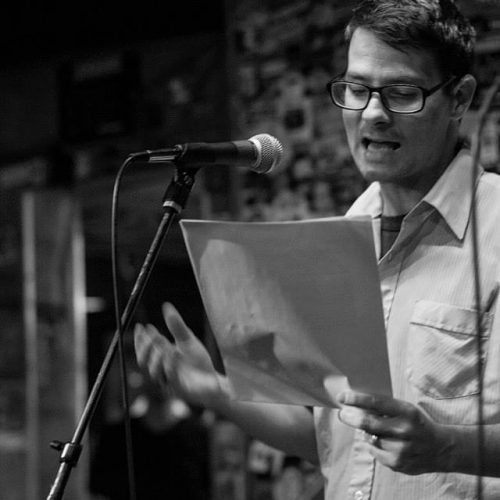
About Steve Coughlin
Born and raised in a Boston suburb, Steve Coughlin received his M.F.A. from the University of Idaho and his Ph.D. from Ohio University. He now teaches writing and literature at Chadron State College in northwest Nebraska. His book of poetry, Another City, was published by FutureCycle Press in 2015. If you want to purchase a discounted copy, send an email to scoughlin@csc.edu.
A Profile of the Author
Notes on “My Father’s Recitation”
My father does not believe in the runner’s high. He says he doesn’t remember ever settling into a smooth, even pace, his legs kicking forward in effortless strides. At various points my father (83, a walker now instead of a runner) has suffered from runner’s knee, shin splints, plantar fasciitus, Achilles tendinitis, and crippling leg cramps. When I was ten years old, I remember my father breaking into tears in the living room during a particularly painful calf cramp—it was the second time I ever saw him cry. In his sixty years of running my father insists he never encountered one moment of pleasure. He says every minute he ran, every day it snowed or rained or the summer sun beat down, was misery.
About a year ago I was running at our high school track and it occurred to me that I too have little fondness for running. Like my father, I hate icing my knees or waking up at two in the morning and trying to stretch through another leg cramp. I hate the mental and physical discipline, running up endless hills, the monotony of mile after mile. I did the math for a forty minute run and it came out to 2,400 seconds of misery. So why do I keep doing it? And why did my father? Why not join a basketball league or sign up for yoga? I started writing “My Father’s Recitation”—at least partly—to try and examine these questions. I wanted to know why someone would participate in an activity that feels like a burden.
Music, Food, Booze, Tattoos, Kittens, etc.
Adult Beverages: For me it starts with Bear Republic’s Racer Five IPA, Russian River’s Pliney the Elder, and Dogfish Head’s Midas Touch (a wonderful concoction that’s part beer, part wine, part mead). In the summer I sometimes go with the very drinkable Live Free! Or Die IPA by 21st Amendment Brewery. When I was in graduate school at Ohio University my friend Jon and I only drank the Edmund Fitzgerald Porter brewed by Great Lakes, but that’s mostly because we were both enamored with the name. And when I’m surrounded by a bunch of people who, like me, adore American microbrews, I make sure, always, to order a Miller High Life. Did I mention my love for the dignified gin and tonic, the occasional cosmopolitan, and the incredibly-expensive/you’ve-got-to-be-kidding-me-potent French 75?
CDs: A couple months ago my friend Alex made fun of me for still owning a CD player. Is that what the world has come to?
Music: When I got an iPhone last year my wife uploaded (downloaded?) all of the songs from her iPhone to mine, but for some reason the only songs that showed up were by the Dixie Chicks. I can’t tell you how many times I’ve listened to “Goodbye Earl” while running. What a great song!
Tattoos: My father has Shirley tattooed on his arm. My mother, of course, was named Marie.
Movies: I could watch The Big Sleep for an entire month and never get bored. That said, I’ve yet to meet a single person who could completely explain the plot.
Sorry, we couldn't find any posts. Please try a different search.
